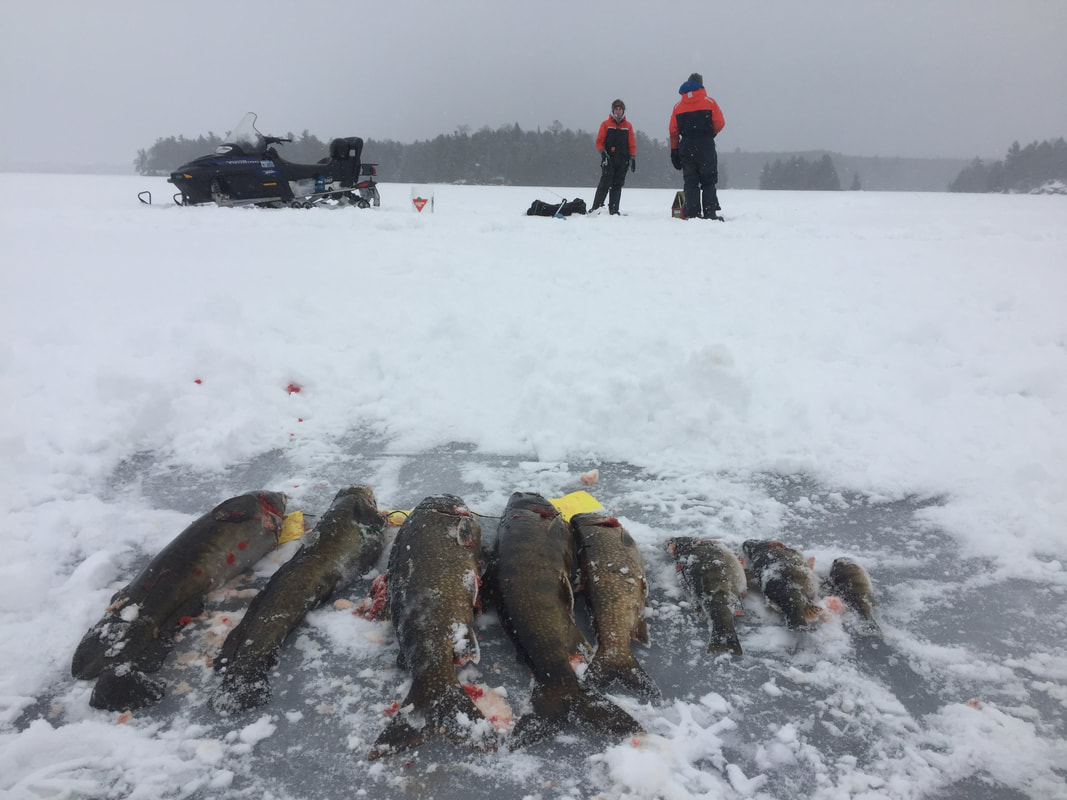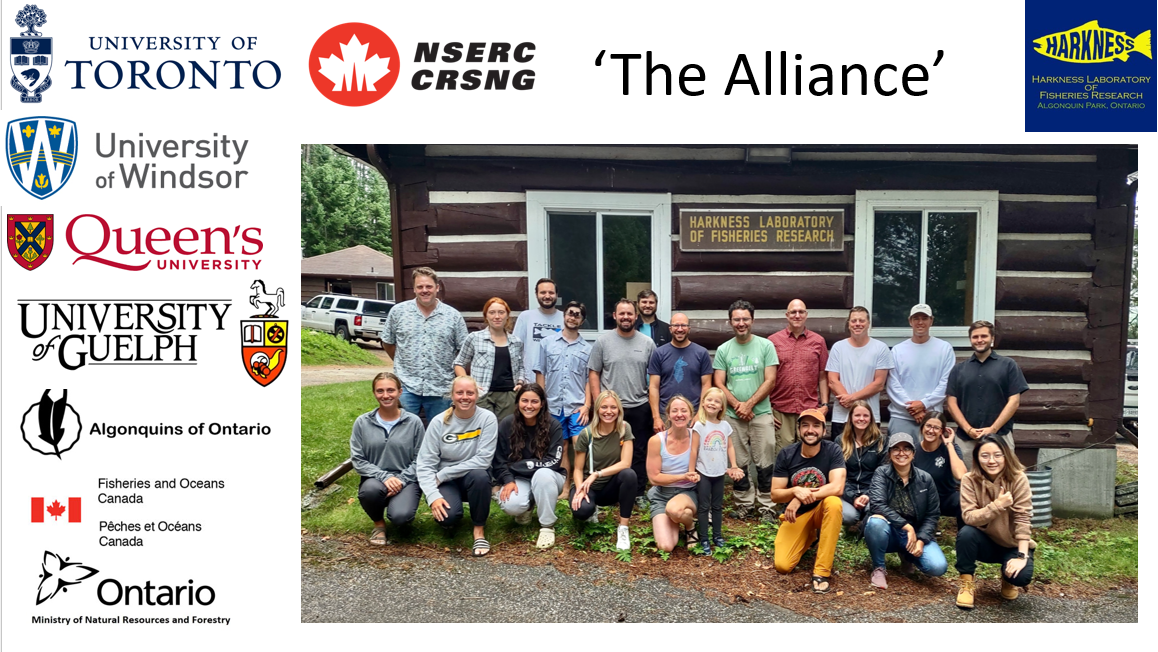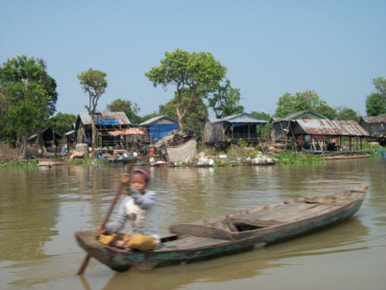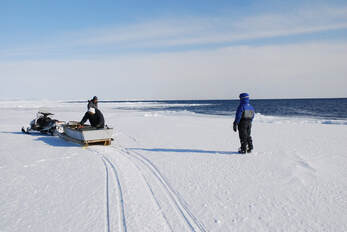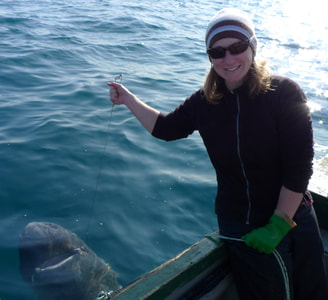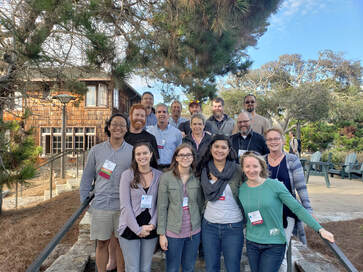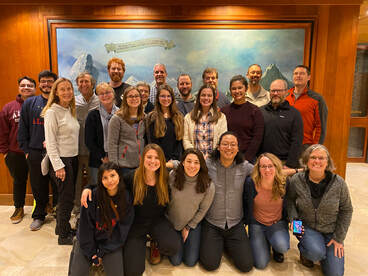Dynamic ecosystems in a changing world
We study the individual- to ecosystem-level responses to spatial and temporal variation in a variety of system types spanning the Arctic to the tropics.
|
Temperate lakes
The cold winters and warm summers in Ontario provide an excellent opportunity to study how individuals, populations, communities and whole ecosystems respond to temporal variation. Ontario is also home to hundreds of thousands of lakes, providing a vast landscape with which to explore spatial variation in ecosystem structure, and resultant consequences for fish production. The McMeans lab works closely with the Ontario Ministry of Natural Resources and Forestry, and Fisheries and Ocean Canada, to study recreationally important fishes across Ontario's lakes. Our ongoing collaboration with the Harkness Laboratory of Fisheries Research (www.harkness.ca/) has resulted in repeated sampling of multiple fish populations and species during all four seasons over multiple years. |
|
We are particularly interested in how fish will respond to shorter winters with less ice cover already arising across Ontario's lakes.
I am PI on an NSERC Alliance that is applying acoustic telemetry to quantify fish movement across multiple lakes and fish species, simultaneously. This is a collaborative effort between several Universities, OMNRF, DFO and the Algonquins of Ontario. We are generating some truly unique and exciting data. Stay tuned for publications forthcoming from this work and please reach out if you are interested in learning more about this work.
Tropical Floodplain Lakes
|
The Tonle Sap lake in Cambodia supports one of the most productive and diverse inland fisheries in the world, and provides a crucial protein source for millions of people.
This poorly studied system, which undergoes massive physical changes between the wet and dry seasons, is under major threat from dams (see map below) and climate change. |
Arctic Seas
|
Arctic seas are among the most seasonally variable and rapidly changing ecosystems on the planet. The McMeans lab studies how seasonal fluctuations alter trophic interactions in Arctic food webs, and how Arctic animals cope with long winters.
|
A Toolbox of Ecological Tracers
|
We work with a variety of ecological tracers to quantify trophic connections and energy flows through ecosystems, including stable isotopes, fatty acids, mercury and trace elements. Recently, we have started an exciting dive into emerging tracers including highly branched isoprenoids and compound specific stable isotopes of individual amino acids. |
Beaufort Lagoon Ecosystems Long Term Ecological Research Site
In collaboration with scientists at the University of Texas at Austin and several other institutions, we secured funding in 2017 from the National Science Foundation to establish a new Long Term Ecological Research site along the Alaskan Arctic coastline. The goal is to gather physio-chemical and food web data on seasonal, inter-annual and longer time scales https://ble.lternet.edu/
Photos from our annual BLE-LTER meetings
